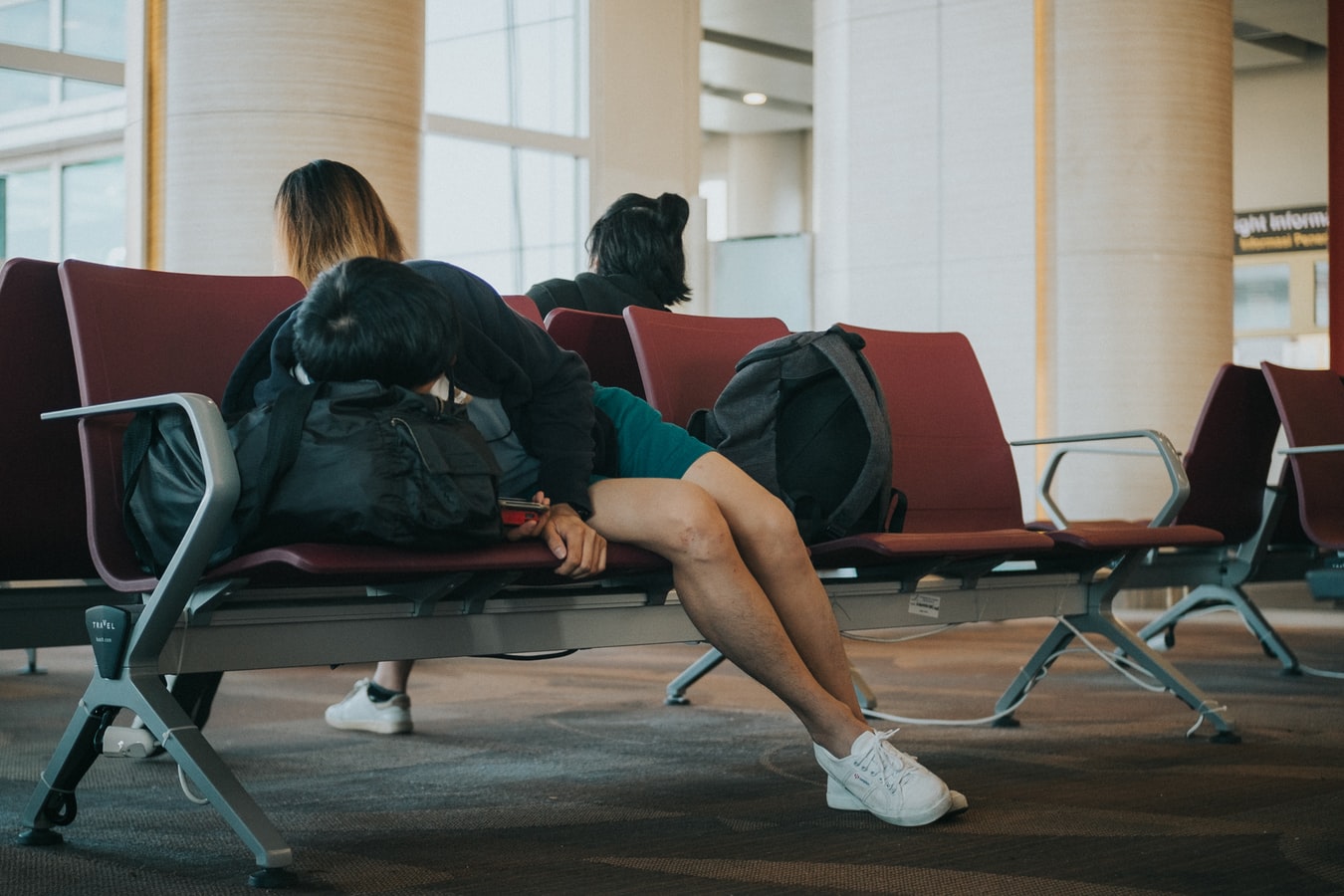Travelling taking a toll? Follow these six simple tips and bid goodbye to jet lag and fatigue.
Humans have been travelling across time for generations ever since the Wright Brothers built and flew the world’s first commercial plane. However, it is easy to forget that our bodies were not designed to travel long distances.
Jet lag, commonly known as time zone change syndrome or desynchronises, is primarily a physical reaction that occurs when travelling across different time zones. Jet lag usually causes headaches, insomnia and irritations in people. The more a person travels across different time-zones, the more severe symptoms of jet lag are likely to be.
Let GlobalSpa assist you in different ways as to how you can minimise or avoid jet lags:
PLANNING OF SCHEDULE
The more time zones a person crosses, the more likely they are to experience jet lag that might take several days to adapt to the new environment. When travelling, visitors must plan of time with adequate sleep, regular workouts and incorporating a healthy diet plan before the day of travel. When an individual is in ideal health position, it is more likely to experience minimum jet lags and would recover early. Visitors can also arrive early at their respective destinations, way before an important meeting or an event to give their bodies ample time to get accustomed with the new time.
TAKE STEPS TO AVOID NEGATIVITY
Even if not travelling across different time-zones, research proves that travelling alone can prove to be lethargic thus symptoms similar with jet lags. To avoid this situation travellers must stay hydrated before, during and after the flight. Dehydration is a major cause for severe jet lags. Alcohol and caffeine should be avoided at all costs as they disrupt sleep timings and can cause severe dehydration.
AVOID LATE NIGHT ARRIVALS
Travellers must opt for flights that arrive during the daytime. It is apparent that the travellers would have dinner at a proper time, have a proper sleep at the right time and arrive in the morning or afternoon. This is an ideal way of repeating one’s normal schedule, will give an entire day to go out and explore the city. It will be easy to reset one’s clock.
KNOW THE PLANE
Another factor that can help in reducing jet lag is knowing the airplane one is flying on. It is a know fact that Airbus A350 and A380 are two of the best planes in order to avoid jet lags. These airliners are fully equipped with modern humidification systems that assist in maintaining the right air moisture and lighting systems simulating similar colours of different phases of the day, thus helping in avoiding jet lag. The air purification system in these planes restores the air after every two minutes.
ON ARRIVAL
When people arrive at their destination, it is advised they take a warm shower and moisturise their skin which could be dry from the flight. One must meditate and consume lots of water – probably 8 ounces every hour. Once arriving at an all new time-zone one must avoid sleeping for long hours. A power nap for not more than two hours should be enough. Visitors must follow the local destination schedule. When visiting a new destination, travellers must spend more time outside as sunlight assists in adjusting to an all new time zone.
EXERCISE ALWAYS HELPS
Exercise or some amount of work outs not only helps in reducing blood clots but also reduces jet lag in case of long flight durations. Travellers can opt for aisle seat and must walk, stretch to keep body going.






